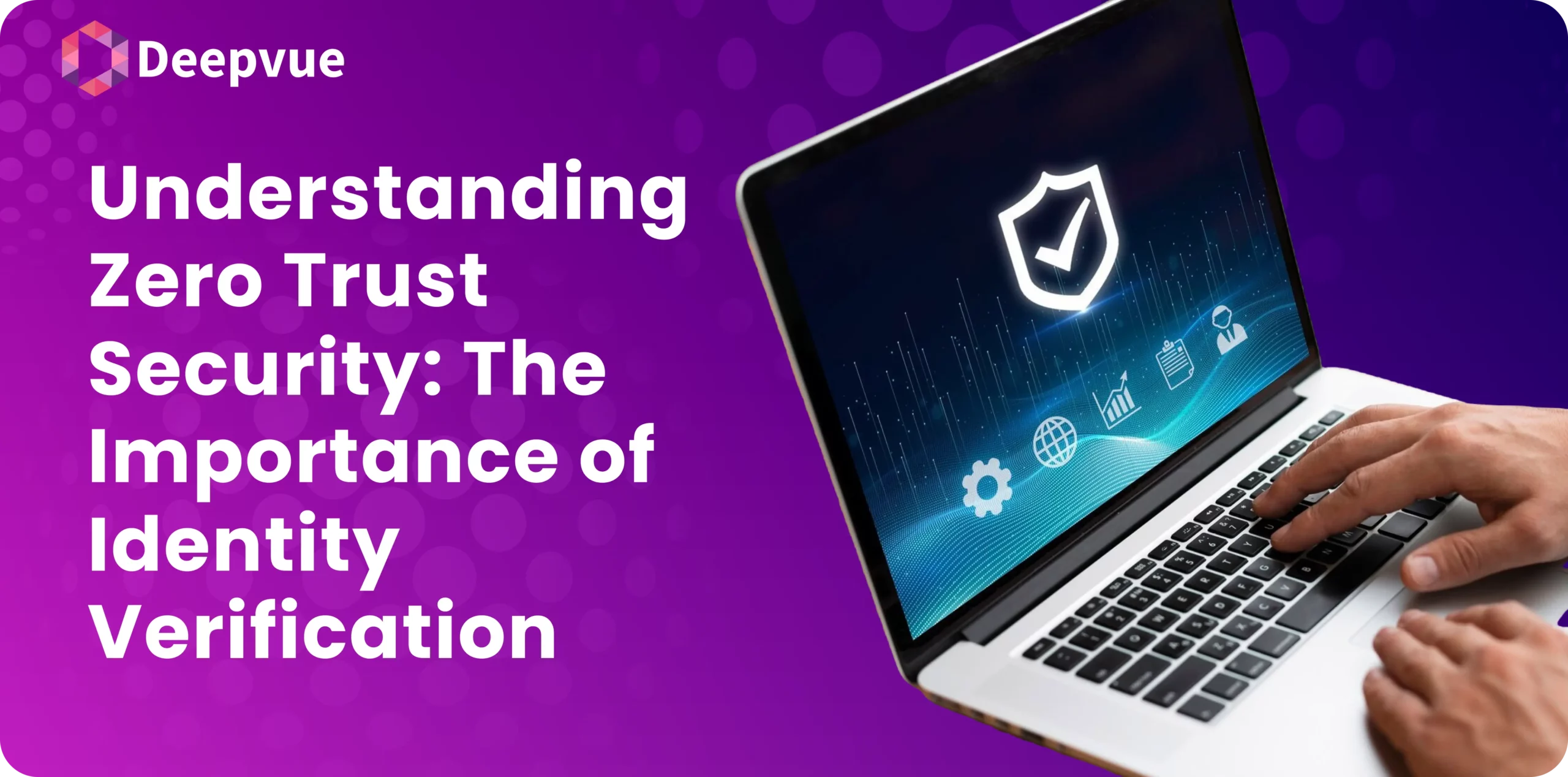Understanding Data Breach
A Data Breach in the fintech sector is an incident where sensitive, confidential, or protected data is accessed, disclosed, or used by unauthorised individuals. This can involve personal information, financial data, intellectual property, or other confidential information. Data breaches can result in significant financial loss, reputational damage, and legal consequences for fintech companies and their customers.
What is a Data Breach?
A data breach occurs when there is unauthorised access to data that compromises the security, confidentiality, or integrity of that information. In the context of fintech, data breaches often involve the theft or exposure of sensitive customer information, such as bank account details, credit card numbers, social security numbers, and other personal identifiers.
How Does a Data Breach Happen?
- Hacking: Cybercriminals use various techniques, such as malware, ransomware, and phishing, to gain unauthorised access to systems and data.
- Insider Threats: Employees or other insiders with access to sensitive information may misuse their access for personal gain or malicious intent.
- Weak Passwords: Poor password practices, such as using simple passwords or not updating them regularly, can make it easier for hackers to gain access.
- Unpatched Software: Failure to apply security updates and patches can leave systems vulnerable to exploits.
- Social Engineering: Attackers use deception to manipulate individuals into divulging confidential information.
Best Practices for Preventing Data Breaches
- Strong Password Policies: Implement complex password requirements and encourage regular password updates.
- Data Encryption: Encrypt sensitive data both in transit and at rest to protect it from unauthorised access.
- Access Controls: Limit access to sensitive data based on user roles and implement multi-factor authentication (MFA) for an added layer of security.
- Regular Security Audits: Conduct regular security audits and vulnerability assessments to identify and address potential weaknesses.
- Employee Training: Train employees on cybersecurity best practices and how to recognize phishing attempts and other social engineering attacks.
- Patch Management: Ensure all software and systems are up-to-date with the latest security patches and updates.
How to Prevent Data Breaches
- Implement Comprehensive Security Policies: Develop and enforce policies that address all aspects of data security, including access controls, data encryption, and incident response.
- Use Advanced Security Technologies: Deploy firewalls, intrusion detection systems, anti-malware solutions, and other security technologies to protect against cyber threats.
- Regular Monitoring and Logging: Continuously monitor systems and maintain logs to detect and respond to suspicious activities promptly.
- Data Minimization: Collect and retain only the necessary data needed for business operations, reducing the risk of exposure.
- Incident Response Plan: Develop and regularly update an incident response plan to quickly address and mitigate the impact of any data breaches.
FAQs
What should a fintech company do in the event of a data breach?
In the event of a data breach, a fintech company should immediately contain the breach to prevent further unauthorised access. This involves isolating affected systems and stopping ongoing attacks. Next, they should assess the extent of the damage, notify affected customers and relevant authorities, and implement measures to prevent future breaches. Conducting a thorough investigation to understand the breach’s cause and impact is also essential, followed by updating security policies and practices accordingly.
How can fintech companies protect themselves from data breaches?
Fintech companies can protect themselves from data breaches by implementing robust security measures, including strong password policies, data encryption, access controls, regular security audits, and employee training.






